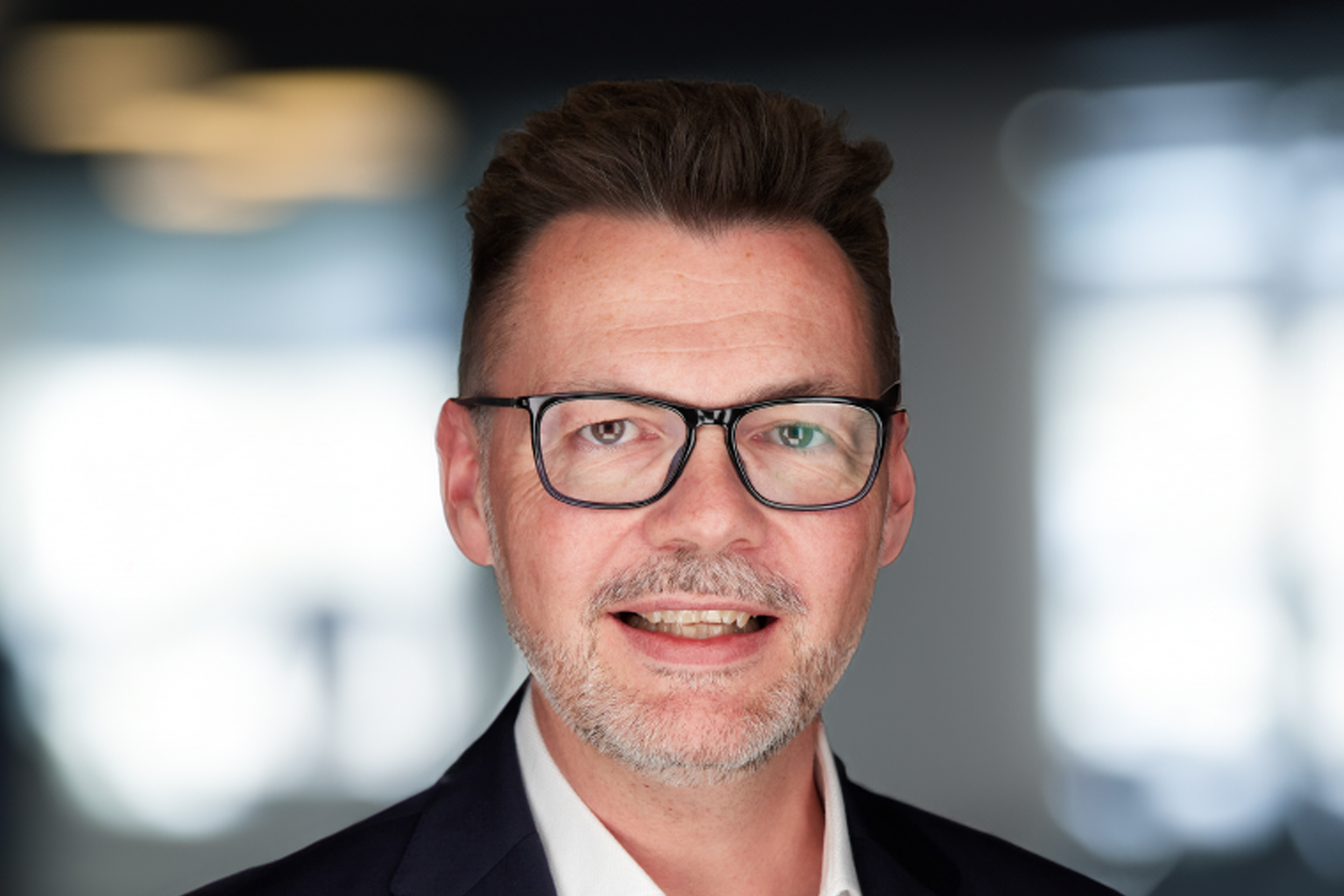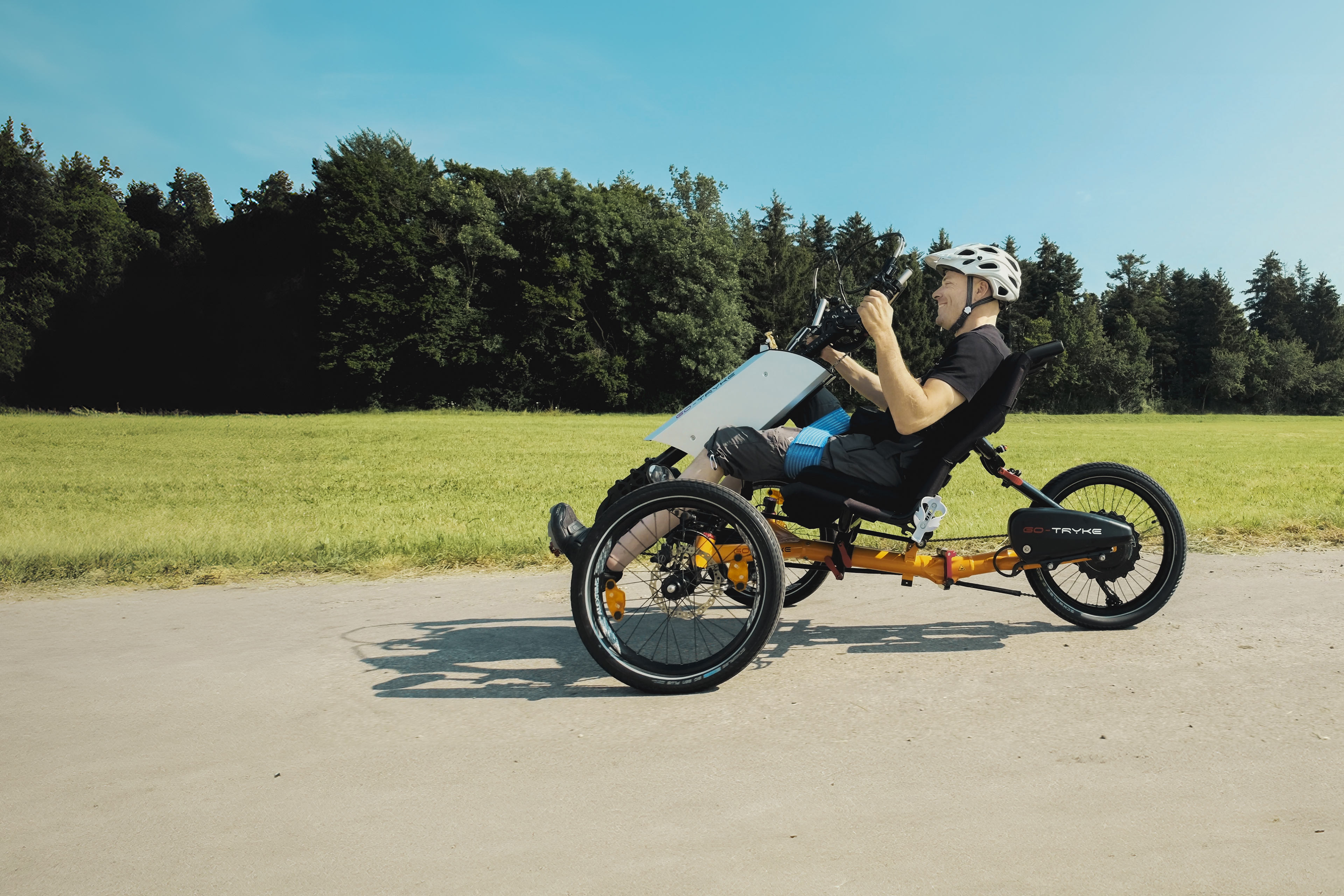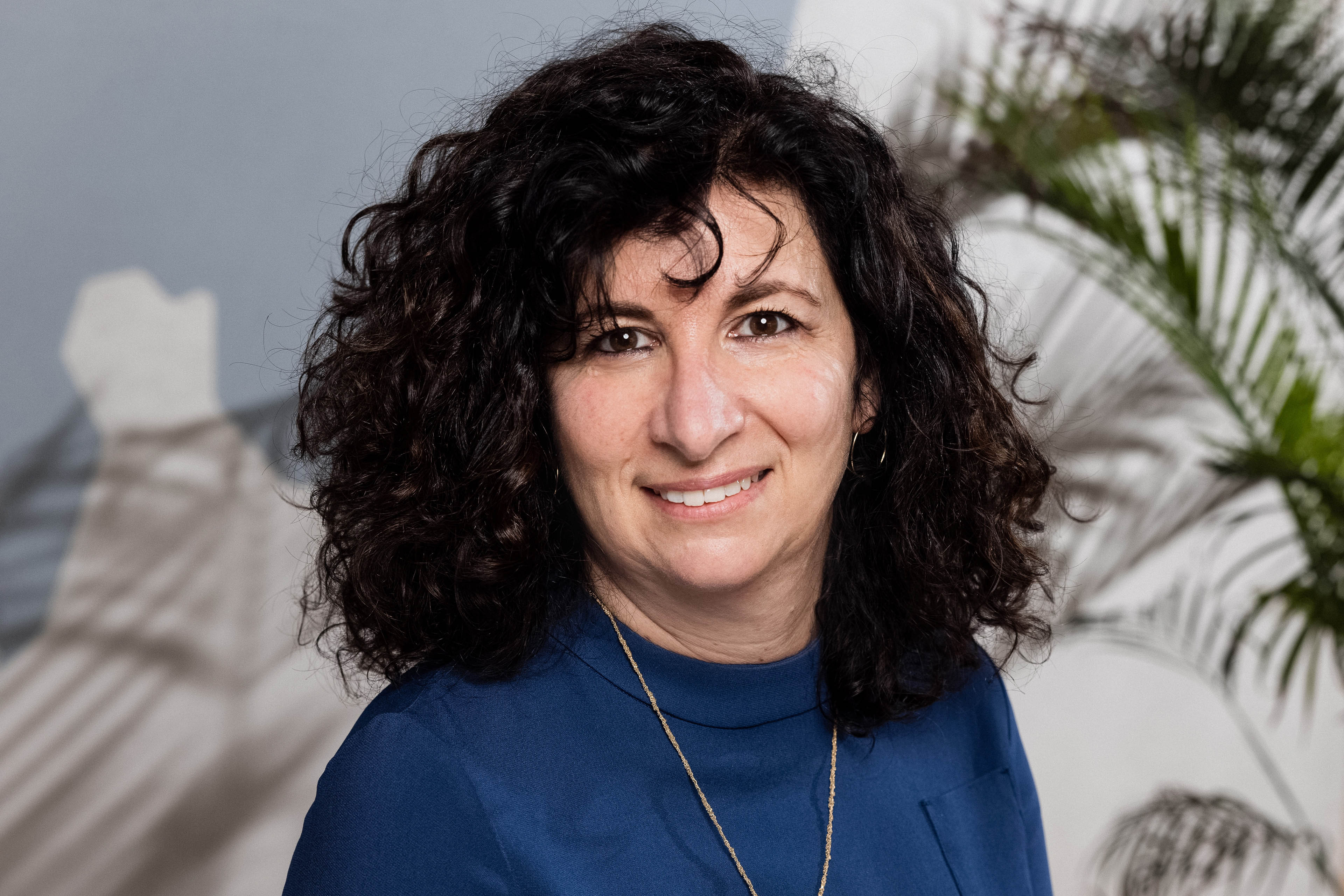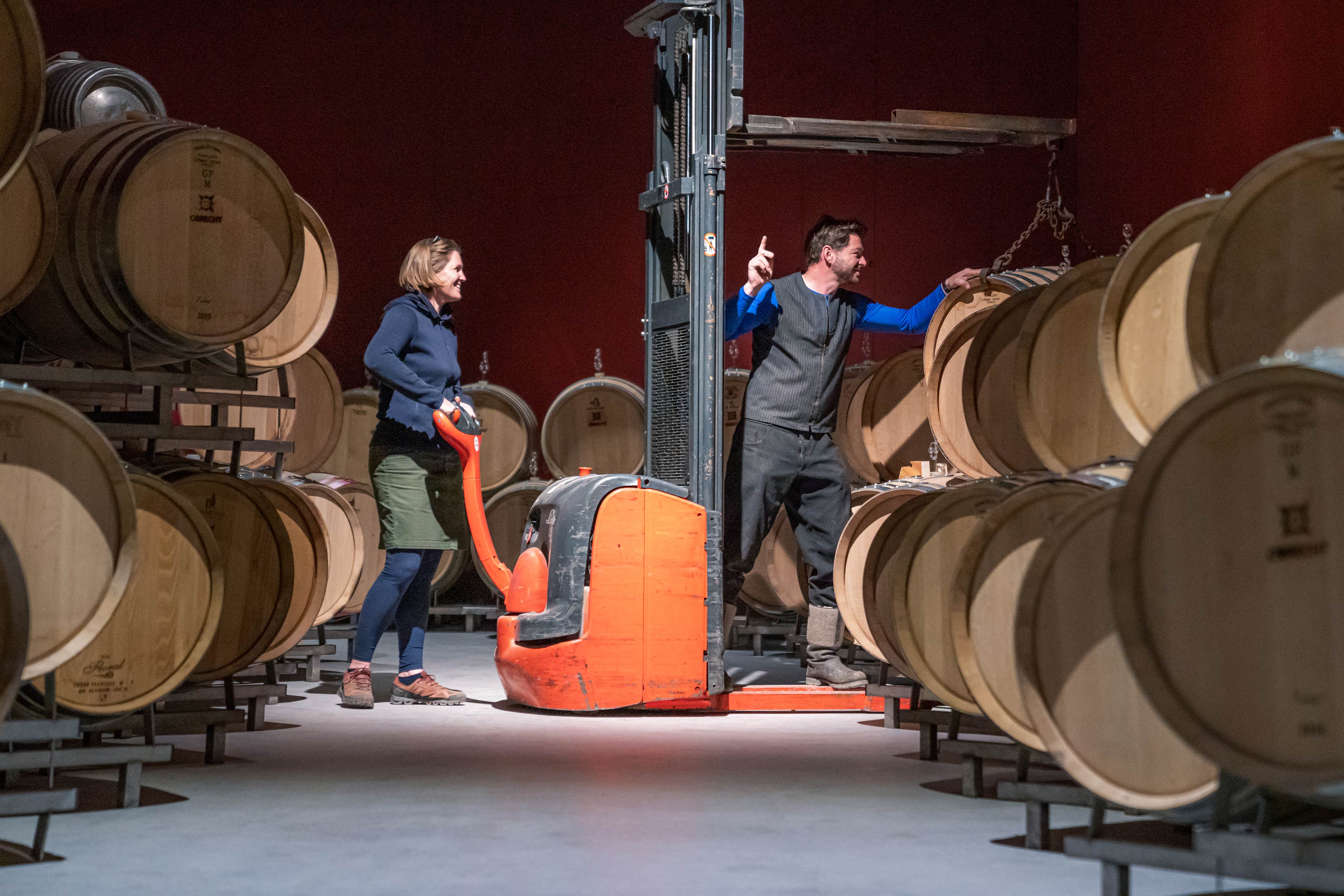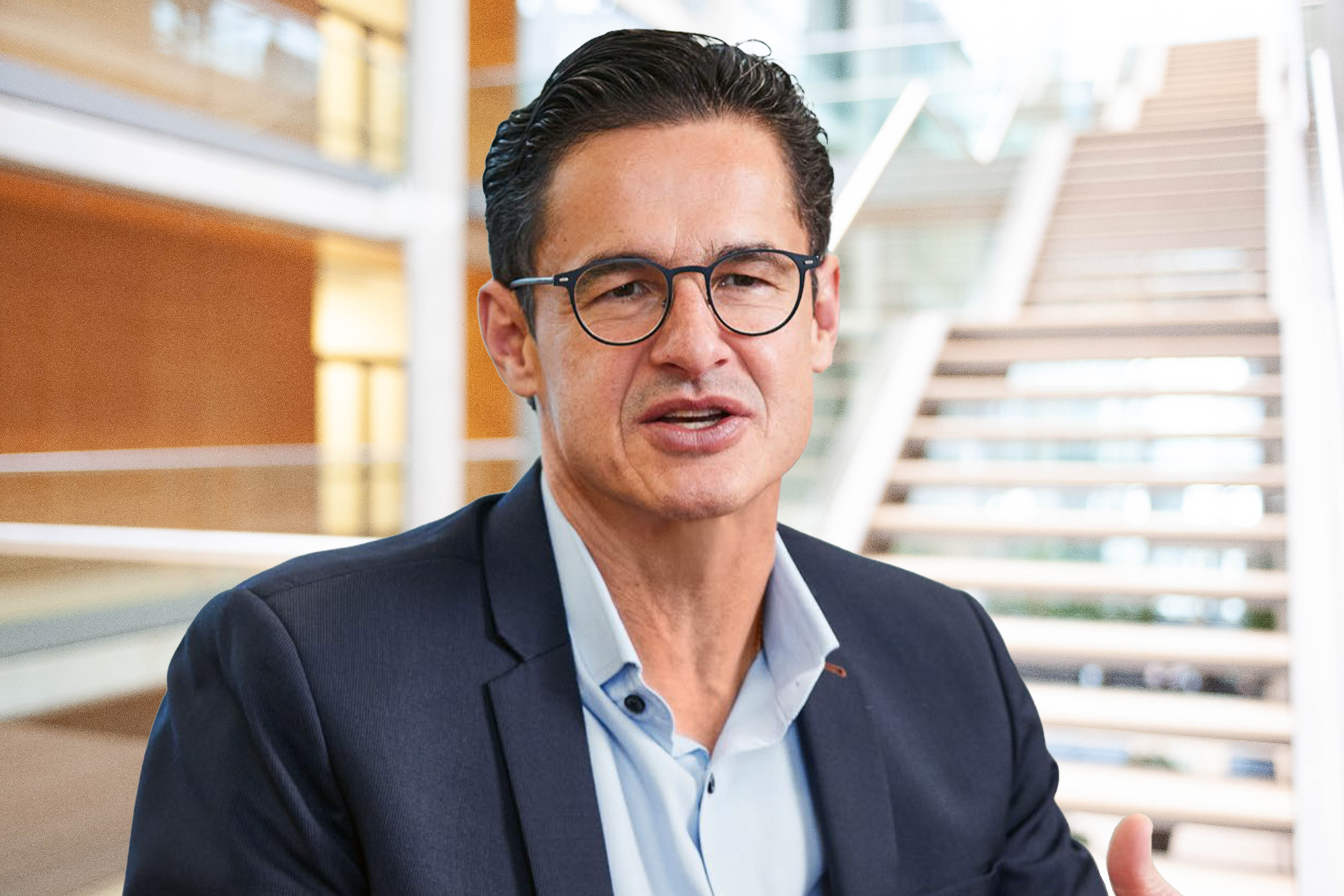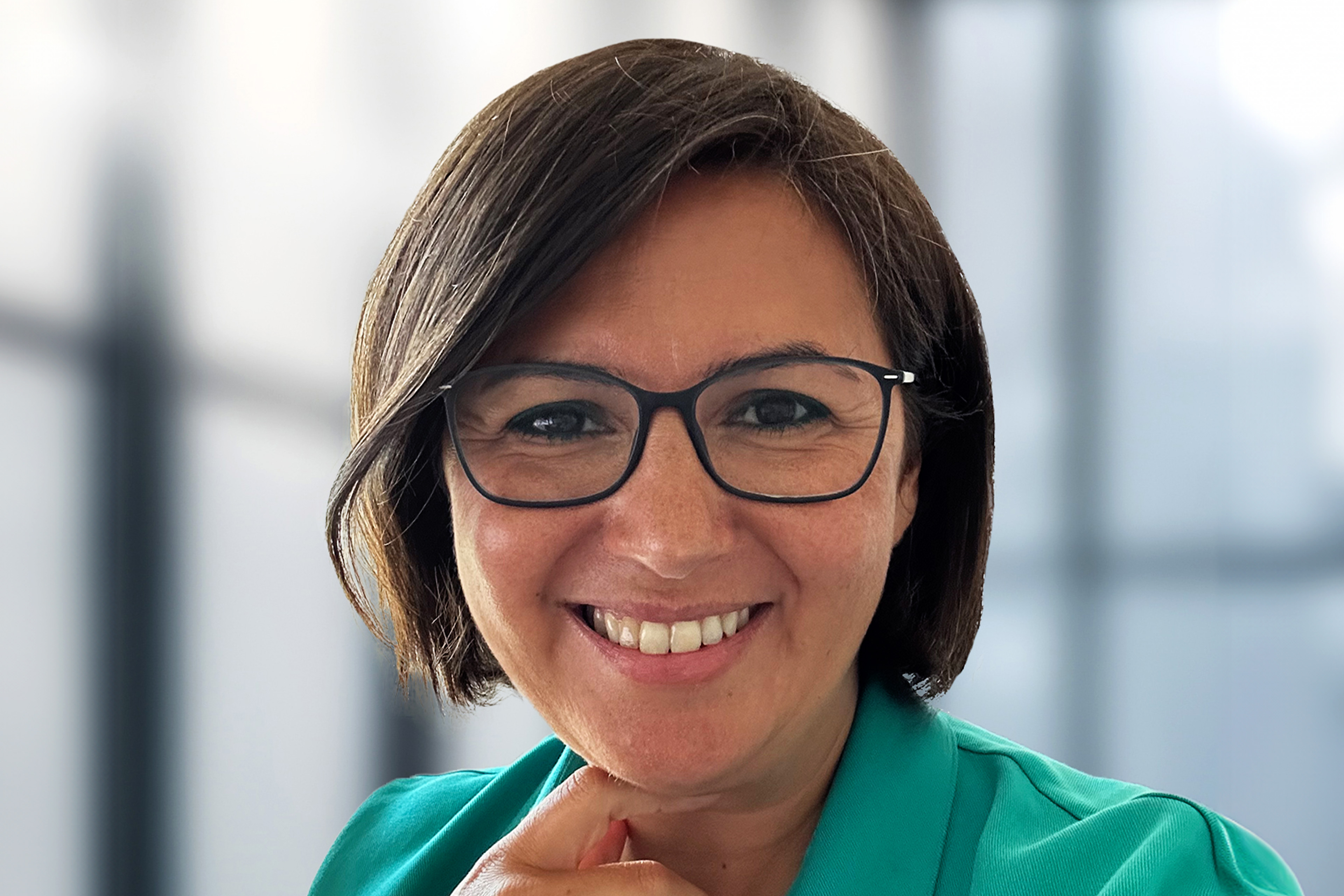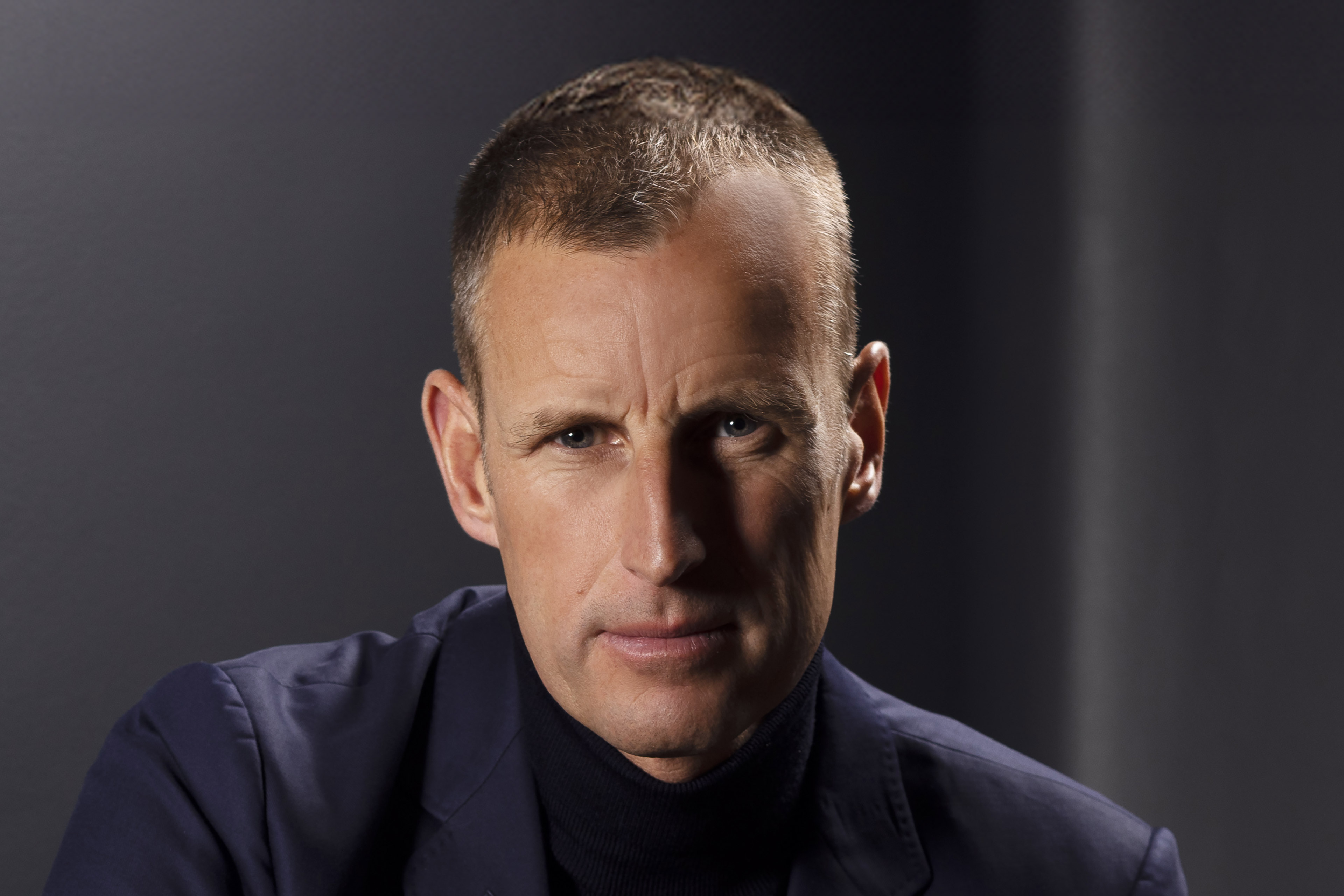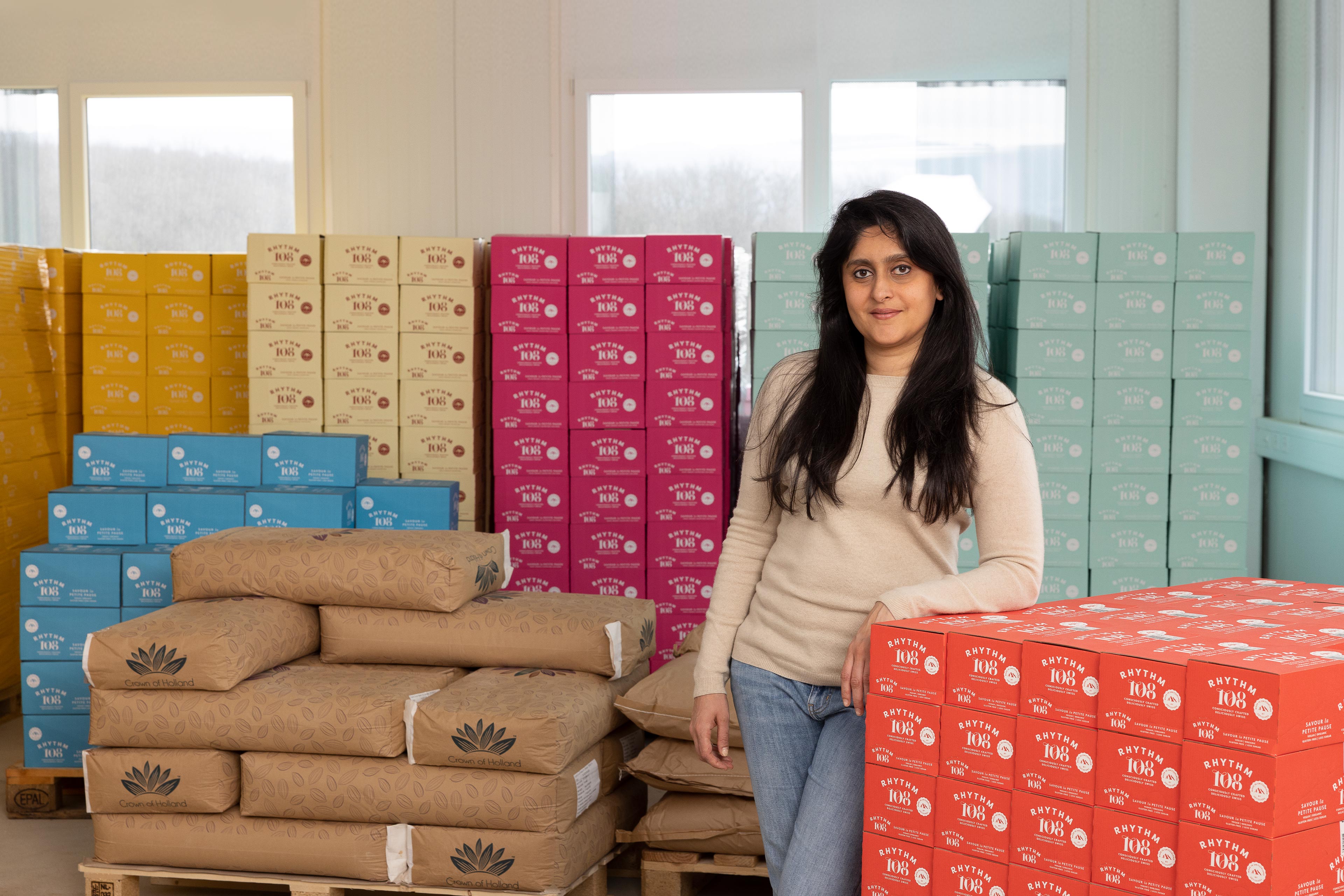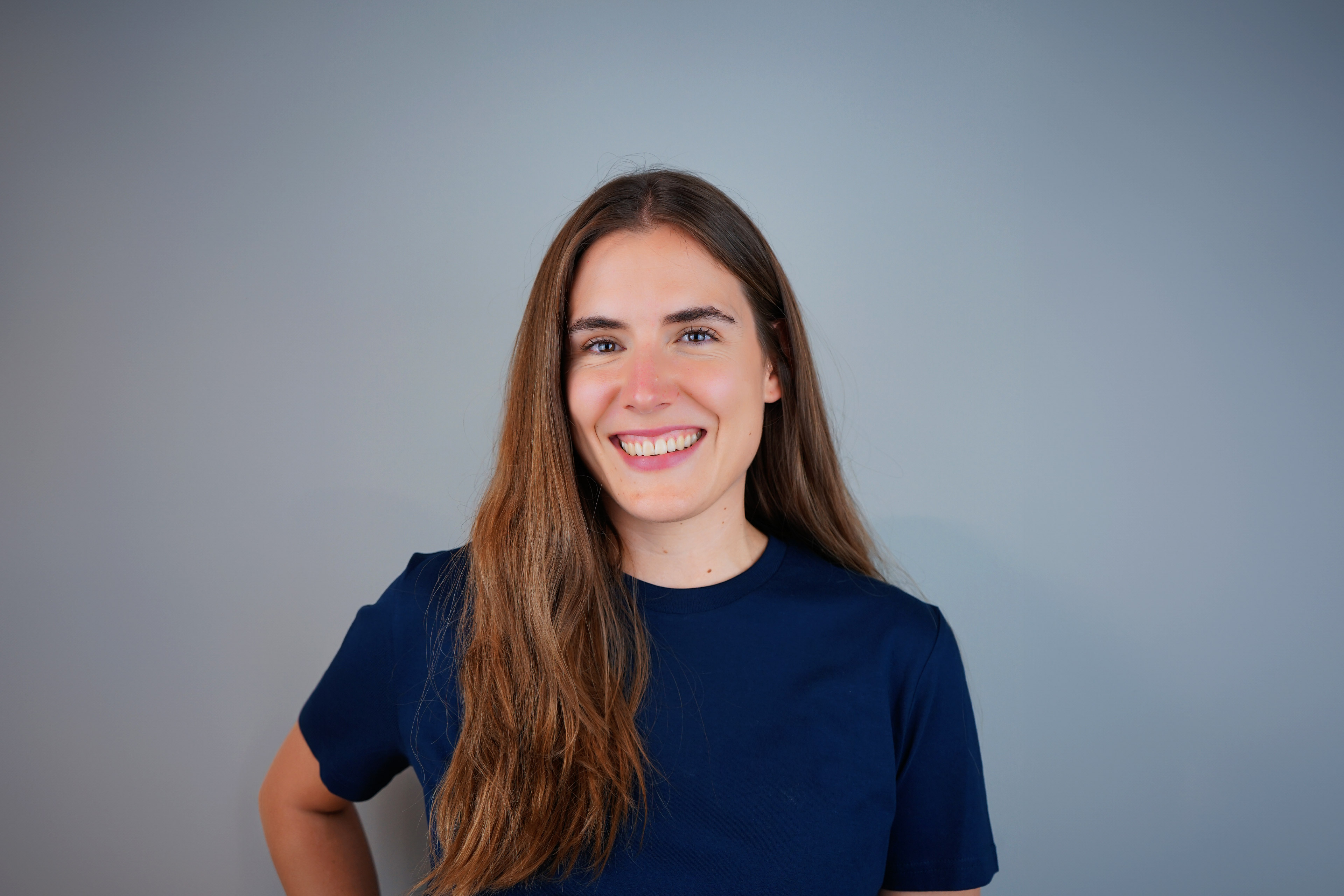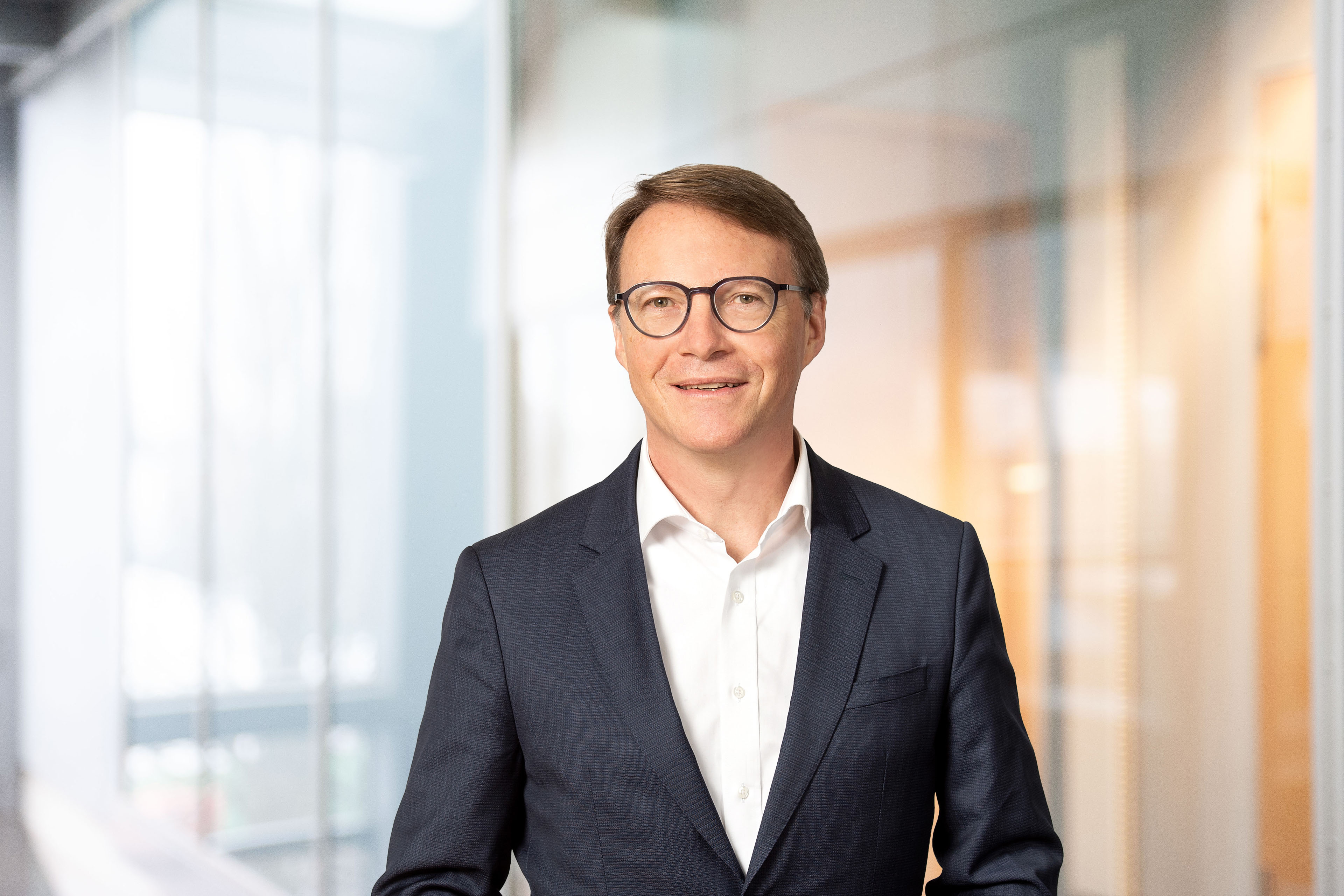EY refers to the global organization, and may refer to one or more, of the member firms of Ernst & Young Limited, each of which is a separate legal entity. Ernst & Young Limited is a Swiss company with registered seats in Switzerland providing services to clients in Switzerland.

“Less is more.
Wim Ouboter
Wim Ouboter founded Micro Mobility Systems in 1999 and works with his two sons, Merlin and Oliver, to remobilize the world. With its scooters, e-scooters and kickboards, Micro Mobility Systems is now the leading global brand in short-range mobility. And the pioneering spirit continues: in 2020, the family unveiled the Microlino 2.0, a small car for urban mobility, and set the next trend in the automotive industry.
As coronavirus continues to dominate headlines, politics and corporate agendas, a new normal is beginning to take shape. EY asked various thought leaders and decision makers to take stock and share their insights into what’s next. For Wim Ouboter, CEO and founder of Micro Mobility Systems, humbleness isn’t something that’s only developed since the COVID-19 pandemic. In our interview, he explains why the “new normal” demands ever more freedom and fulfillment, and why it’s driving greater awareness of sustainability.
Could you describe the current situation for your company?
We are fortunate in that we actually benefit from the exceptional circumstances. Sales of our products are currently up on what they were before COVID, thanks mainly to strong growth in online trade. Our internationality is certainly also an advantage. And then there’s the trend for supporting brands that convey a message. That’s exactly what we do with our products. So from a business perspective, we can’t complain, on the contrary.
Has the way you work at Micro Mobility Services changed since the COVID-19 pandemic?
With employees now working from home, there are of course significantly fewer people physically on site at our Küsnacht location. This has advantages and disadvantages. For me, it’s an opportunity to hold one-on-one meetings with all those in the office. Not necessarily only about business, sometimes about God and the world. I think that’s very much appreciated. On the other hand, team spirit does suffer a bit with so many empty seats. Zooming is just not the same as sitting together as a group. Having said that, as a very international company we were already working with video conferencing tools before COVID. So many of our people and partners are used to it.
For me, it’s an opportunity to hold one-on-one meetings with people in the office.
What does the “new normal” mean to you?
There are several aspects to it. First, the new normal shows that people want more and more freedom and flexibility. The option to work from home is definitely part of that. People appreciate having a fixed day once a week, for example. This is especially true for the younger generation. I also sense that people are increasingly seeking work with a fulfilling purpose. The company behind a job needs to have a vision and a mission, it must stand for something. Nowadays, people don’t work just for the sake of it – they want to make a difference. In my opinion, this trend will really take root and grow stronger in the future.
People don’t work just for the sake of it – they want to make a difference.
You mentioned the keywords vision and mission. What does Micro Mobility Systems stand for?
Sustainability is perhaps the most important global issue of all. And Micro Mobility Systems stands for sustainability. We’ve always done what we can to use as few materials as possible in manufacturing our products, and to conserve resources. Another advantage of our products is their durability. Our kickboards and e-scooters last several years. And if something does break, then the concept of repairability comes into play. We still even repair kickboards that were purchased ten years ago. It’s how we’re doing our bit for the environment and for the next generation. I strongly believe that repairing and reusing products will become more important aspects in the future. A big shift in mindset is currently underway.
So you see sustainability as a key topic in the new normal?
Absolutely. Looking at our Microlino, I can say that every car manufacturer has really understood the imperative to invest in electric vehicles by now. “Downsizing” is a key term here. We have to realize that less is more. And this applies to our company, the industry, and to society in general. The current situation has been good for humbleness and sustainability. As a company with just a few employees, do I really need a huge office complex? Do I really have to drive to the other end of the village when a kickboard would do the job too? The wealthy should be asking themselves these questions as well. A bungalow vacation is nice too. Maybe you can do without the expensive yacht for once – and it’ll be good for your conscience and the environment. These are all questions and issues that will stay with us in the future. They are the new normal.
We have to realize that less is more. And this applies to our company, the industry, and to society in general.
What are your plans for the company in the next couple of years?
Medium term, our big project is to start series production of the Microlino 2.0. We have a vision of a small car that contributes to a better environment and it’s a priority to turn that into reality. Allow me to emphasize that the coolness factor should not be neglected in the process; the Microlino will improve quality of life in the city – true to our slogan “better urban lifestyle”. I want to be right up close and active in realizing this project. After that, I plan to slowly but surely hand over control to my two sons, Merlin and Oliver. They’re already part of our management board and involved in important decisions. When future ventures like finalizing the Microletta – our electric, three-wheeled scooter – come up, I’m sure they’ll already have taken the helm. And I know that they’ll make the right decisions for Micro Mobility Systems in the future.
What advice would you give companies for the next crisis?
As a company, personal responsibility is important. That’s why it’s so crucial to think ahead. You have to take responsibility and ensure you have enough liquidity. My tip for successfully handling any future crisis is to put aside enough capital to cover fixed costs for three years. Because if you can’t survive a difficult phase, then you were doing something wrong beforehand. And if you have done something wrong, you have to be prepared to change direction. I’d also like to urge everyone who’s reading this to stay positive. It really is true that there’s opportunity in every crisis. Not just for companies, but also every human being.
If you can’t survive a difficult phase, then you were doing something wrong beforehand.
Featured articles and interviews
Sebastian Tobler, Co-founder and CEO of GBY SA
Sebastian Tobler is co-founder and CEO of GBY SA, which has developed a new approach for the rehabilitation of people with reduced mobility. An automotive engineer by training and trade, Sebastian Tobler’s life took a new direction when a bike accident left him paralysed. Alongside his entrepreneurial activities, he heads the SCI-Mobility Lab as Professor at the Bern University of Applied Sciences.
Originally from Naples where she grew up and studied physics, Luciana Vaccaro moved to Switzerland in 1996 to complete a PhD in microengineering at EPFL. She held various positions in research and education at the universities of Neuchâtel and Lausanne before heading the Grant Office at EPFL. In 2013 she took the reins of HES-SO as rector. Last October, Luciana Vaccaro was elected president of the umbrella organization swissuniversities and started in her new position on 1 February.
Francisca Obrecht, Weingut Obrecht
Peter Rupp grew up in Sargans, Switzerland, around 20km south of the Hilti headquarters in Liechtenstein. He studied Economics in St. Gallen, then took a post-graduate degree in Engineering in Winterthur.
Peter Rupp grew up in Sargans, Switzerland, around 20km south of the Hilti headquarters in Liechtenstein. He studied Economics in St. Gallen, then took a post-graduate degree in Engineering in Winterthur.
Serra Bicak is Senior Vice President Reckitt Africa Middle East at Reckitt Hygiene. She has lived and worked in eight different countries for various roles during her career in fast-moving consumer goods. Serra Bicak is passionate about diversity, equity and inclusion (DE&I) and leads Reckitt Hygiene’s gender balance program.
Patrick Pruniaux, Chairman & CEO of Sowind Group
Patrick Pruniaux has a background in business administration and began his career in the watch industry at TAG Heuer. Always fascinated by innovation, he joined Apple in 2014 and oversaw the launch of the Apple Watch. Following a move to Kering in 2017, he managed the Ulysse Nardin and Girard-Perregaux watch brands. In 2022, Patrick Pruniaux spearheaded the historic management buyout and now serves as CEO of these two brands within Sowind Group.
Siddhi Mehta, founder and CEO of Rhythm 108, talked to us about sustainability, craftmanship – and how her company combines heritage and innovation to take the Swiss chocolate tradition into the future.
Judith Häberli, CGO and co-founder of Urban Connect as well as EY Entrepreneur Of The Year™ 2023 Switzerland winner in the category "Emerging Entrepreneur", shares her motivation for starting a corporate mobility platform and explains why real change only happens when companies work together.
Thomas Fürer has served ABB for 22 years, including 14 years in his current role as Group Head of Tax. A Certified Swiss Fiduciary Expert and Certified Swiss Tax Expert, he takes a keen interest in technology and digitalization in the tax function and beyond.



